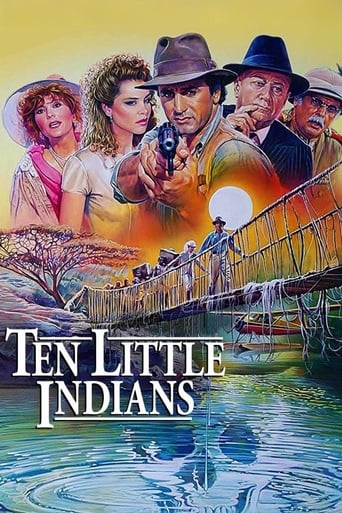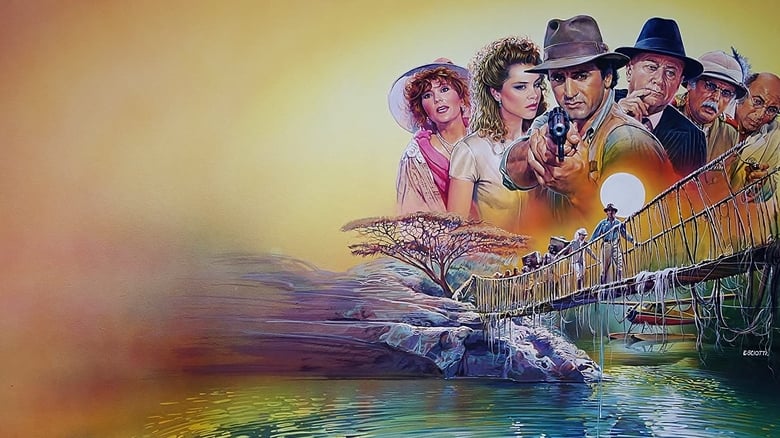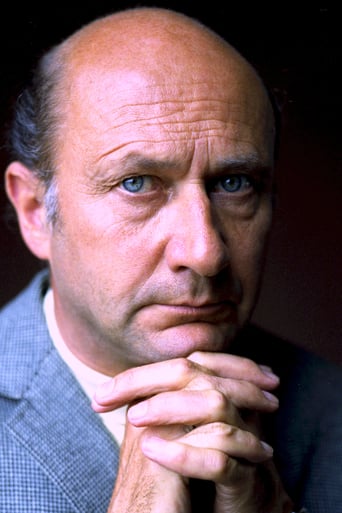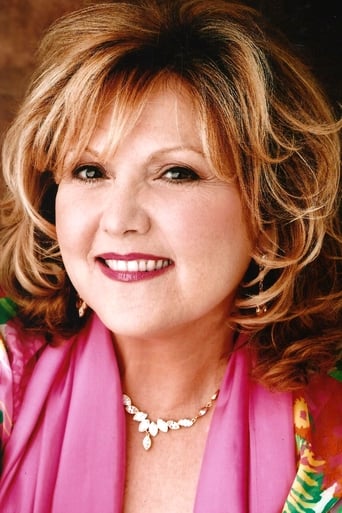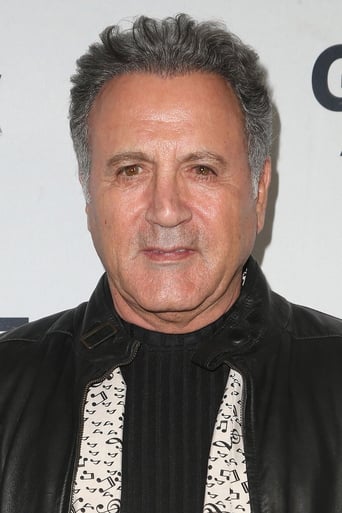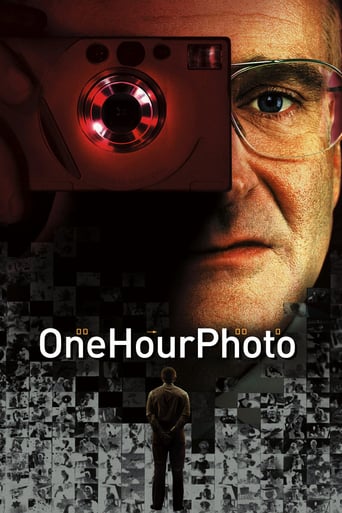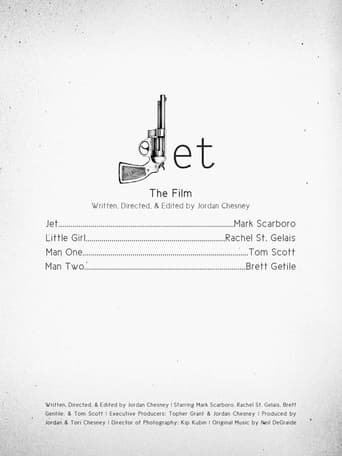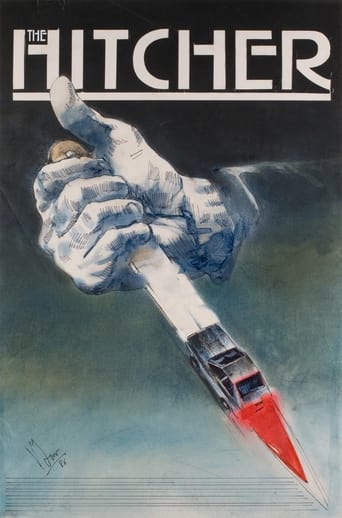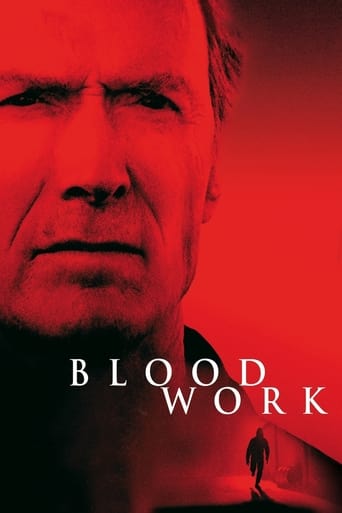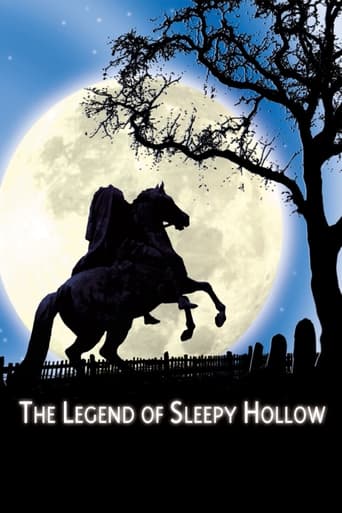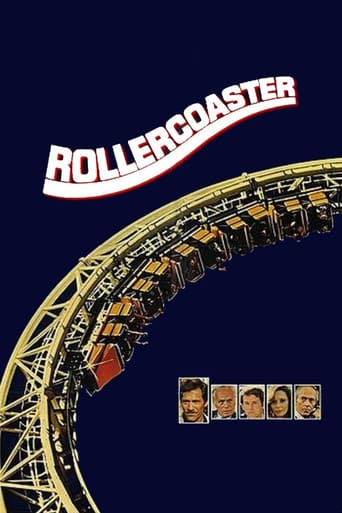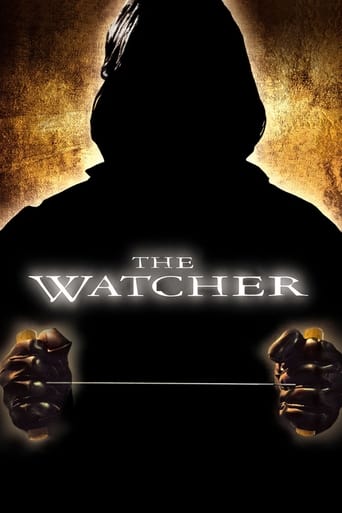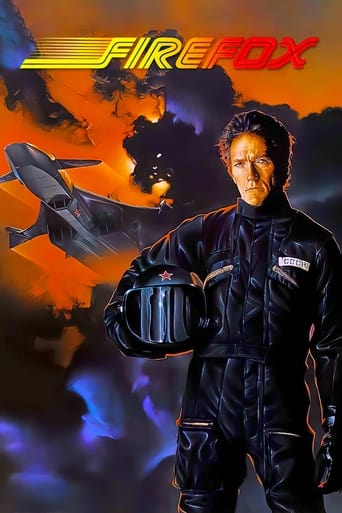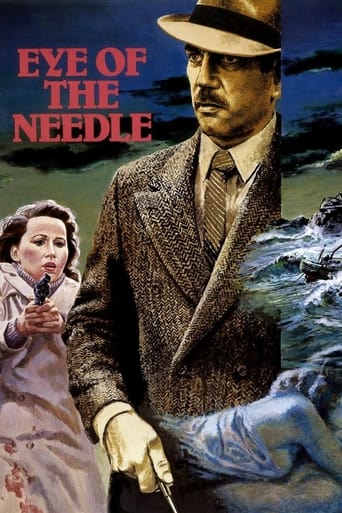Ten Little Indians (1989)
An unknown judge invites a guilty governess and others to a 1930s safari, for justice one by one.
Watch Trailer
Cast
Similar titles
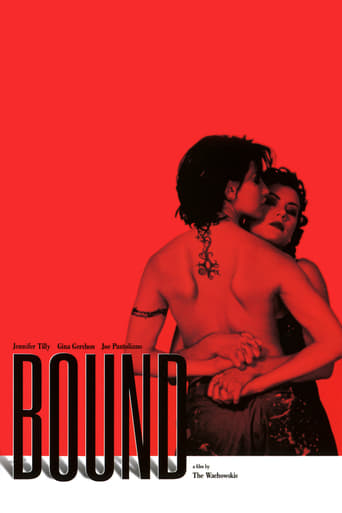
Reviews
the audience applauded
Thanks for the memories!
It is a performances centric movie
There's no way I can possibly love it entirely but I just think its ridiculously bad, but enjoyable at the same time.
*Spoilers* This, the third remake of Rene' Clair's original 1945 film "And Then There Were None" moves the tale of 10 guilty strangers being bumped off by an unseen murderer to a lush safari in Africa, which does more harm that good.First, the good. The film does boast some worthy performances, most notably Herbert Lom as the novel's general character. Lom has the distinction of playing Dr. Armstrong, a character that lasts longer in the 1974 version. While I enjoyed his overall performance in that film, he was well cast as a doctor but an unconvincing drunk. (Ironically, in the novel, Armstrong has no qualms about drinking in public, while film adaptations make him a private alcoholic until the stuff really hits the fan) Back to Lom's performance, it's truly letter perfect. This adaptation returns the General character back to his elderly roots, and his backstory, while names are changed, is correct to the book. The General was played by men-of-action actors Leo Genn and Adolfo Celi respectively, so his original crime of killing his wife's lover was updated to him accidentally killing 5 soldiers. Lom nails the confession scene in this version. Telling Vera of his crime, he's natural, he's believable, and it's probably the most powerful scene in the film. Lom also doesn't overplay the general's dottiness. Sir C. Aubrey Smith is the only other English-speaking actor to have played the role thus far, and his malfunctioning hearing aid and overly-elderly portrayal just didn't work for me. Genn and Celi were good, but Lom nails all aspects of the role, and it's a shame he's not in the film longer.Also of note is Donald Pleasance's Judge Wargrave, one of my favorite characters from the novel. His and Richard Attenborough's portrayals remain my top two of the English versions. Barry Fitzgerald and Wilfrid Hyde-White are excellent, but the judge is far to genial in their versions, and Pleasance and Attenborough really get to play the character with a bit of the callous @sshole present in Christie's novel. Pleasance does have moments of overacting, (Most of the cast does) but overall, he's rock-solid in the role, and I really liked him. The man who originated Dr. Sam Loomis does not disappoint here.Sarah Maur Thorpe is a solid Vera Claythorne. She's not perfect, but she creates a character to root for, and she's easy on the eyes. Brenda Vaccaro is decent as the character of Emily Brent. the '45 version retains her as a spinster, while the '65 and '74 versions gave us a glamorous movie star with a checkered past with Dahlia Lavi and Stephane Audran. Here, the film tries to have the best of both worlds. She's a movie star who's found religion. Unfortunately, the mash-up isn't successful, and while Vaccaro is solid enough, the mash-up hurts her performance, though she's quite good in her own confession scene.The rest of the cast is just plain bad. The most serious offender is Frank Stallone. He looks the role, but when he opens his mouth, it's game over, and since our hero is being portrayed by the charismaless Stallone, we're left with only Vera to really root for. Stallone seems to think posturing and slyly smirking are effort enough, and it just doesn't work. Even Oliver Reed's fleshy, impish Lombard is light-years ahead of this one.Two key roles are hideously butchered, that of Ex-Inspector Blore and Dr. Armstrong (Werner here) As Blore, Warren Berlinger fares better than Yehuda Effroni, but his lack of experience shows, and he overacts, or underacts, the whole picture. However, Effroni is wildly uneven as the Doctor. Granted, it's a terrifying situation and many of the adaptations treat the potential for death without concern, but he's one note overacting, and it isn't good. The rest of the cast are average and don't make much of an impression, save for Paul L. Smith, who leaves a sour one. He joins Effroni on the overacting train and plays Rogers as a complete @sshole. It's not good.Christie wisely set her tale on a remote island cut-off from civilization in a mansion. Setting the film in Africa has a certain novelty, but it kills much of the suspense. The most laughable moment comes after a "search" is done for their missing, murdering host and they decide the killer is one of them. Setting the novel at an isolated mansion allows that conclusion to be drawn. There are limited places to hide. But on safari? There's no way to accurately search the entire area and assure yourself that no one else could be hiding. Those who griped that it was unbelievable having the characters make the same claim after searching the massive hotel in the '74 version need only watch this film for a different perspective. Even that was more believable than this.Also, the film botches the red herring. One character in the novel, and all prior film adaptations, disappears, and is assumed to be the killer until the body is discovered later. Here, they find the corpse immediately, so that element of suspense is totally wasted. And where does one hide from the killer? By tying the tent flaps closed? There's worse cinema out there, far worse. If you're a fan of Pleasence or Lom, they make the film worthwhile, or if you're a completest, you could do worse. The 1987 Russian adaptation "Desyat Negrityat" is flawless and Rene' Clair's version is tops of the English language versions, but this one is entertaining enough if you've got time to kill.I own it, I've watched it more than once. No Oscars will be handed out, but it was enjoyable to my own tastes.
This film is the weakest of the Harry Alan Towers' adaptations of Agatha Christie's "Ten Little Indians". This is a shame, as it is the most recent film we have of this book, although we all pray that there will be another film in the future. Everything about this film has more weak points than strong. The casting is dull and uninteresting. The setting is bizarre. The script is slow and lacks energy. It looks, in all honesty, more like an amateur production. However, I shall go through things fairly chronologically:The setting is possibly the weirdest of any of the films. A mansion in the Swiss Alps (1965) was believable, an ornate palace in Iran (1974) was a little more difficult to comprehend, but this is beyond both. There is very little claustrophobia felt, possibly because they are pretty much always in the open air, but also because of the method of transport. In the original novel and 1945 film, the guests travel by boat across a particularly choppy sea. In the 1965 film, they travel by cable car, which is later sabotaged. The 1974 film probably has the most isolated feel, because they arrive by helicopter in the middle of nowhere. In this film, the guests arrive by foot, and, although it looks desolate and seems isolated, it doesn't look impossible for anyone to escape – it looks as though at least one person is going to manage to make a run for it. None of the characters fit into the setting, either; why the elderly Judge Wargrave and General Romensky are there is a mystery.The acting is, to put bluntly, poor. This is not necessarily the fault of the actors, as the script itself is slow and seems pregnant, as if something should be happening, but never actually does happen. By contrast, the deaths happen at lightning speed, and we rattle through the first five murders, without any deductive reasoning or hypothesising taking place in between. The acting doesn't really convince. Donald Pleasance appears less authoritative than any previous Judge Wargrave; he is bumbling, forgetful, slow, and weary, and not really very believable as a judge. Frank Stallone gives a dull, static performance as Lombard, speaking his lines as if he's reading the news. Sarah Maur Thorp is refreshing as Vera, but her overacting becomes irritating, and by the end, her high-pitch scream becomes incredibly annoying. Brenda Vacarro is a good actress, but she is let down by the fact that she is playing a bland, substanceless character, fading actress Marion Marshall. Yehuda Efroni gives a bizarre interpretation of the doctor; instead of the wise portrayals of Walter Huston and Dennis Price, he appears positively half-witted and childlike – he sulks like a schoolchild at dinner on the first night of the safari, for no reason. Herbert Lom is not given very much to do, but his exposition sequence, when he reveals to Vera his past crime, is excellent. Sadly, he dies just as we grow to like him. Warren Berlinger, like Brenda Vacarro, is given a dull character with little/no substance at all. His performance is gruff, grumbly, and inaudible. Neil McCarthy plays Anthony Marston as a foppish spoiled brat, and while his characterisation is not bad, his fast-paced music number "Mad Dogs and Englishmen" is pointless and random. Paul Smith overacts as Mr Rodgers, to the point where we don't really feel sorry for the death of his wife, played by Moira Lister. Lister's performance is screechy but entertaining, but unfortunately she does very little in the film. The past crimes are a mess. Some are not mentioned at all (judge, doctor, Lombard), and the rest are just vague. Blore's confession is quiet and muffled. Vera's crime, the best the book had to offer, is changed to a one-liner about a boy she looked after drowning. Marston mentions a couple run down by him, with no mention of him being drunk, or even the victims being young children. Marion Marshall's crime is also vague and confusing – we just hear that she pushed her lesbian lover into a swimming pool. The Rodgers' crime is, like Vera's, distorted. Rodgers mentions that they looked after a woman who died – that's it.This film takes ages to get going – we have to sit through the entire journey to the campsite, watching everyone engaging in everyday conversation, little bursts of talk followed by more scenery and elephants. Although Africa is beautiful, and elephants are quite interesting, I think it would have been better to have the focus on the characters and their backstories. Then, after so much wasted time, we suddenly get death after death after death after death after death the whole thing is poorly paced. The scene involving the gramophone record is distorted as well. The voice is not the clear, booming voice it is in the novel, but instead a raspy, slow, accusatory sound crackling from the record player. And somehow, the person who is about to be accused next happens to utter something silly and mechanical before being named by the record.At least the ending is exciting and dramatic, unlike any previous films, but unfortunately it doesn't hold water – why did Lombard wait several minutes before bursting into the tent and saving the screaming Vera? I have read elsewhere on IMDb that there was an original script using the novel's original ending, which was binned just before production began. Where is this script? It is unlikely that we will ever know now.This film has never been released on DVD, but is available on VHS, should anyone have a VHS player. It is also currently unavailable on YouTube, despite being available just a few months ago.
Out of the five theatrical versions of this famous Agatha Christie tale (perhaps her most famous ever, along with "Murder On The Orient Express"), I have only seen two: this 1989 one and the 1974 one. Comparing them, this one lacks the elegance of the other one, suffers from a terribly generic music score, and about half the cast will have you wondering "Who ARE these people?"; if you're used to seeing star-packed Agatha Christie adaptations, be prepared for one where you may never have seen some of the cast members before. But even the most recognizable names are not at their best here. I do want to single out two actors: Paul L. Smith, who will always be the revolting prison torturer of "The Midnight Express" in my mind and only has to show his towering frame to be scary (though his unexpectedly soft voice makes him sound dubbed at times!), and Sarah Maur Thorp, who creates possibly the only likable character in the bunch. The idea of the group voting anonymously on who they think is picking them off is an interesting one, but the film goes nowhere with it. On the positive side, there is some nice (though limited) African scenery, a very effective corpse-discovery scene (I don't want to give it away, but it involves an axe....), and an arguable improvement on how a certain event plays out at the end, though this version, just like the older one, would benefit from following Christie's original book ending instead of her revised play one. ** out of 4.
This is the first "grown-up" mystery I ever read, and it remains my absolute favorite to this day--which is why whenever I encounter a new film adaptation, I keep hoping it would do the book justice--but none of them ever do, and this particular version is the worst of the lot.The story should be familiar to everyone: ten people are assembled in an isolated location, are accused of murder by their unseen host, and are executed one by one, with the methods of their deaths corresponding to a child's nursery rhyme. And one thing this version does have going for it is that it avoids tampering with the rhyme as the 1965 and 1974 versions do. Likewise, the crimes each of Mr. Owen's guests have committed also remain largely unchanged from the novel (the sole exceptions being Blore's and Marion Marshall's).But what makes this version so thoroughly unwatchable is how badly the plot is served by the locale, and how badly one has to stretch credulity to believe that something like this could happen as the script writers tell us it does. For example, in her first scene, Mrs. Rodgers complains about "lions and tigers" all around the camp, and later, during the search for Mr. Owen, several characters see one--and yet, immediately afterward, one of the characters is willing to spend the night on an isolated hilltop, without any fear of becoming a lion's midnight snack. In fact, we never see or hear the lions at all after the search; once they've served their purpose of creating tension during the scene in question, they apparently vanish into thin air.Another reviewer has pointed out that too much is out of Mr. Owen's control, and that's 100% accurate; there's simply no way Mr. Owen could have arranged for all of this, especially so far from his home country. The character has no contacts nearby, no agents, nobody to set up the safari, no way to get the natives to isolate the doomed party, no way of making sure everyone meets the end s/he deserves. Moreover, Owen is strangely passive throughout the story; he doesn't set in motion the chain of events that lead to the fifth, sixth, and seventh murders, but relies entirely on chance and opportunism, and it's simply impossible for him to commit the second.Lombard is finally the soldier of fortune he is supposed to be, rather than the engineer of previous adaptations--but it completely strains credulity to the breaking point to think that he would not have had his own supply of ammunition, rather than having to filch Marston's. And when Lombard finally succeeds in radioing for help, and is told that a rescue plane would be launched "in the morning," it doesn't occur to him to tell whoever's sending it that four people have already died and they need that plane NOW. He takes the delay far too passively for a man of his temperament--or at least, for a man of what his temperament should be.The acting is uneven among all the actors, with the sole exceptions of Neil McCarthy, Sarah Maur Thorpe, and Yehuda Efroni--and in Efroni's case, it's because he's uniformly bad from start to finish. His caricature of a performance starts out as distracting and ends up being just painful to watch.Finally, the international cast of characters - three English, five American, one Romanian, one German - is a problem that plagues all four English-language adaptations and especially this one, because how would Owen even have heard about all of them in the first place? The whole point is that no one knows that these people have committed murder; all of the deaths in their pasts have been put down either to accident, natural causes, or the normal course of war or the legal system, but Owen, owing to his position *in his own society,* is able to find people to tell him what really happened. How would Owen have discovered the "truth" about the deaths of both Beatrice Taylor and Heinrich Domeratsky - deaths that take place 6500 miles and 15 years apart?
